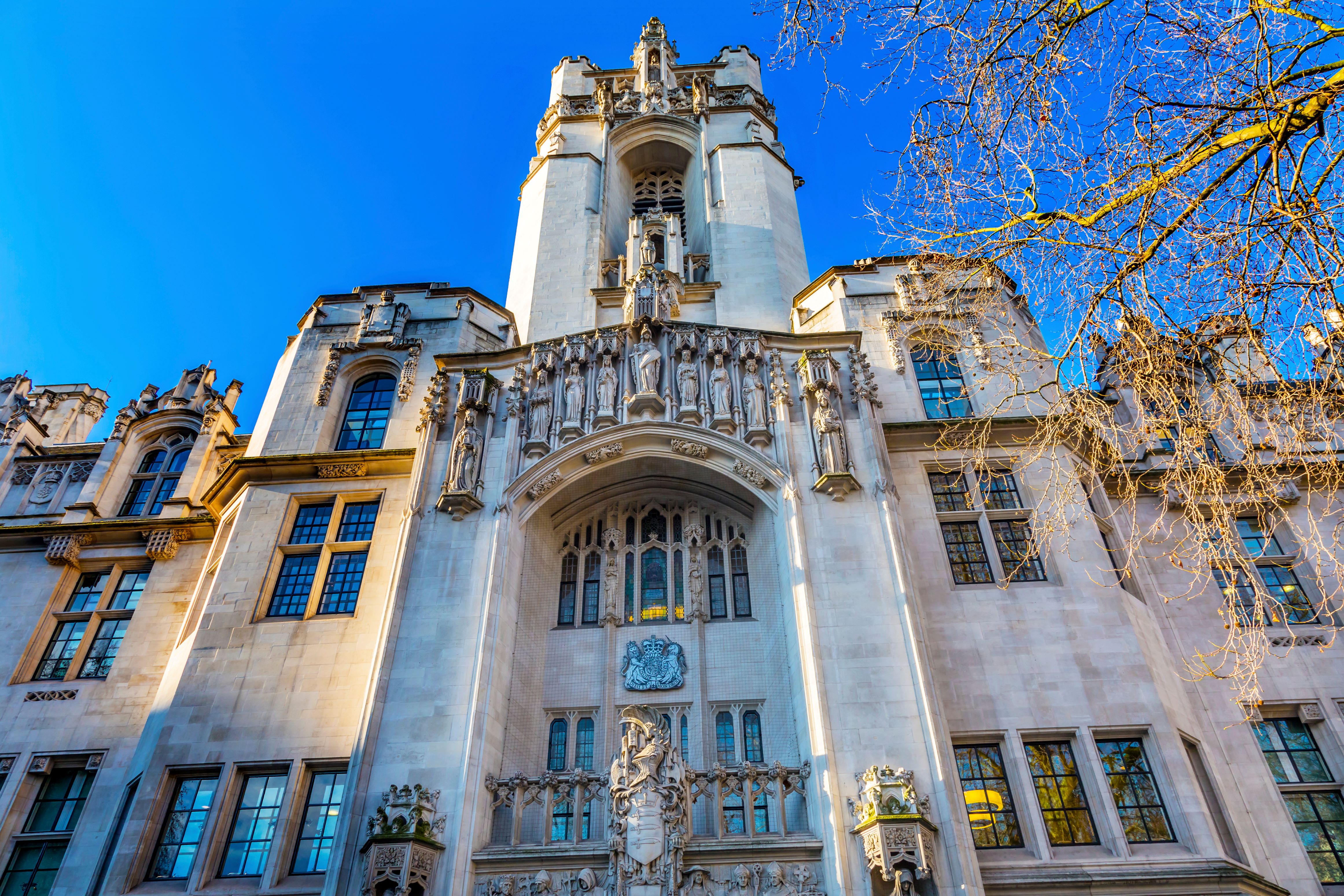
The UK Supreme Court has today (8 February) upheld the lawfulness of the Northern Ireland Protocol, following a judicial review instigated from unionist politicians.
The protocol had been challenged by figures including former DUP leader Arlene Foster, ex-Labour MP Kate Hoey and assembly member Jim Allister. However, the court unanimously dismissed the challenge on all three submitted grounds.
Another appeal?
As the court is the highest ranked in the UK, the decision will be final unless there is an appeal to a European court.
Judges at the Northern Irish High Court and Court of Appeal previously dismissed the claim for judicial review, prompting an appeal to the Supreme Court.
Protocol
The protocol is the legal agreement between the UK and EU that governs trade in relation to Northern Ireland.
Under the arrangement, goods entering the region from the rest of the UK have effectively remained subject to the rules of the EU single market following Brexit in order to avoid the need for a hard land border and customs checks on the island of Ireland.
Challenge
The appellants brought judicial review proceedings, challenging both the protocol and the 2020 regulations that implemented it into domestic law.
At the Supreme Court, they argued that both laws were incompatible with the Acts of Union 1800, the Northern Ireland Act 1998 and the European Convention on Human Rights.
The Court of Appeal held that the 2020 regulations were lawful and did not conflict with either the 1800 or 1998 acts, as well as finding there was no breach of European law.
Judgment
The Supreme Court largely agreed with this finding.
Giving judgement for the court, Lord Stephens said:
“The most fundamental rule of UK constitutional law is that Parliament, or more precisely the Crown in Parliament, is sovereign and that legislation enacted by Parliament is supreme.
“A clear answer has been expressly provided by Parliament in relation to any conflict between the Protocol and the rights in the trade limb of article VI (of the Acts of Union 1800).”
Another of those challenging the protocol, former Brexit Party MEP Ben Habib, said the Supreme Court judgement provided “constitutional clarity” that the Good Friday Agreement was “broken”.
According to City AM, DUP leader Jeffery Donaldson reacted by saying the protocol represented “an existential threat to the future of Northern Ireland’s place within the Union”.



